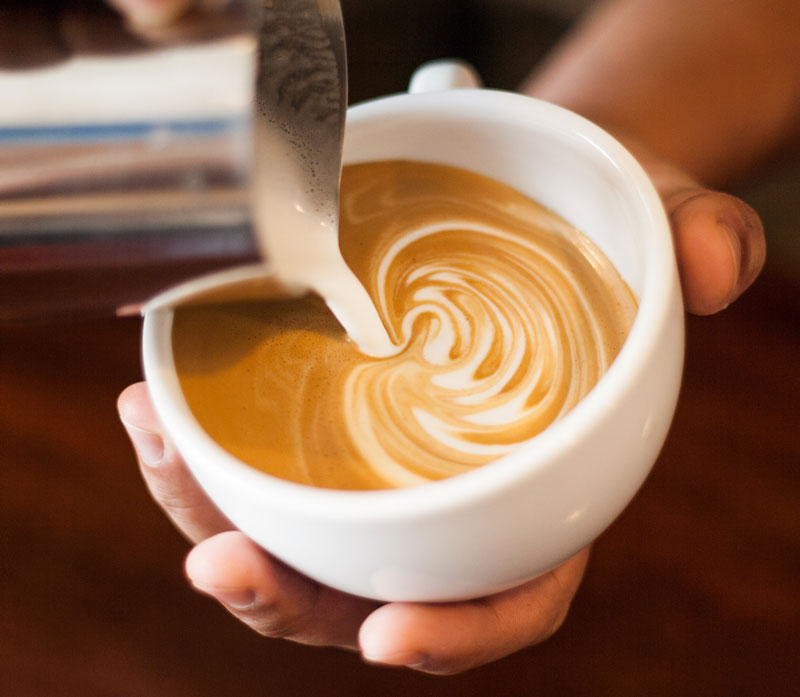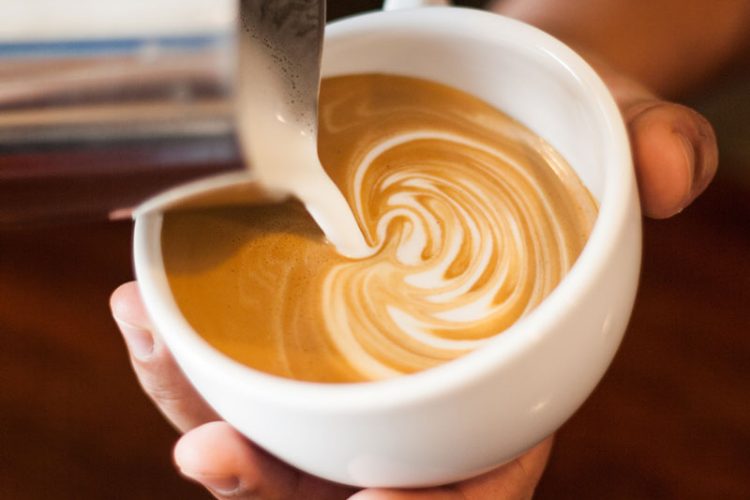Morning coffee could extend your life, study suggests

Morning coffee drinkers have a lower risk of cardiovascular disease and overall mortality, highlighting the importance of timing in coffee consumption.


Drinking your morning coffee might not just kickstart your day – it could also prolong your life, according to new research published in the European Heart Journal. The study reveals that people who drink coffee primarily in the morning are less likely to die from cardiovascular disease and have a lower overall mortality risk compared to those who sip coffee throughout the day.
“It’s not just whether you drink coffee or how much you drink, but the time of day when you drink coffee that’s important,” said lead author Dr Lu Qi, an expert in nutrition and epidemiology at Tulane University in New Orleans. “We don’t typically give advice about timing in our dietary guidance, but perhaps we should be thinking about this in the future.”
Research findings
The research examined the coffee habits of 40,725 participants from the US National Health and Nutrition Examination Survey (NHANES) conducted between 1999 and 2018. Participants detailed their food and drink consumption, including coffee timing and quantity. A subgroup of 1,463 participants also maintained a detailed food diary for a week.
Around 36 percent of people in the study were morning coffee drinkers (they primarily drank coffee before midday), 16 percent of people drank coffee throughout the day (morning, afternoon and evening) and 48 percent were not coffee drinkers.
By linking this data to records of deaths and their causes over a period of nine to ten years, researchers uncovered some eye-opening findings:
- Morning coffee drinkers had a 16 percent lower risk of death from any cause and a 31 percent reduced risk of dying from cardiovascular disease compared to non-coffee drinkers.
- Those who consumed coffee throughout the day, however, did not enjoy the same benefits.
The timing of coffee consumption proved pivotal. Moderate (two to three cups) and heavy (more than three cups) morning coffee drinkers experienced the most significant reductions in risk, while light drinkers (one cup or less) saw smaller benefits.
Why timing might matter
Dr Qi theorises that drinking coffee later in the day could disrupt circadian rhythms and hormones like melatonin, which regulate sleep. This disruption may lead to increased inflammation and blood pressure, raising cardiovascular risks.
He added, “Further studies are needed to confirm these findings across different populations, and clinical trials could shed light on whether altering coffee-drinking habits could improve health outcomes.”
Commenting on the study in an accompanying editorial, Professor Thomas F. Lüscher from Royal Brompton and Harefield Hospitals in London highlighted the potential mechanisms behind the findings. “In the morning hours there is commonly a marked increase in sympathetic activity as we wake up and get out of bed, an effect that fades away during the day and reaches its lowest level during sleep. Thus, it is possible, as the authors point out, that coffee drinking in the afternoon or evening disrupts the circadian rhythm of sympathetic activity.”
He also noted that coffee suppresses melatonin, which could account for sleep disturbances among all-day coffee drinkers. “Overall, we must accept the now substantial evidence that coffee drinking, particularly in the morning hours, is likely to be healthy. Thus, drink your coffee, but do so in the morning!” Professor Lüscher concluded.
While coffee aficionados may rejoice, this research adds a new dimension to the debate over coffee’s health benefits. It seems that when it comes to coffee, timing really is everything.
Source: newfoodmagazine.com

